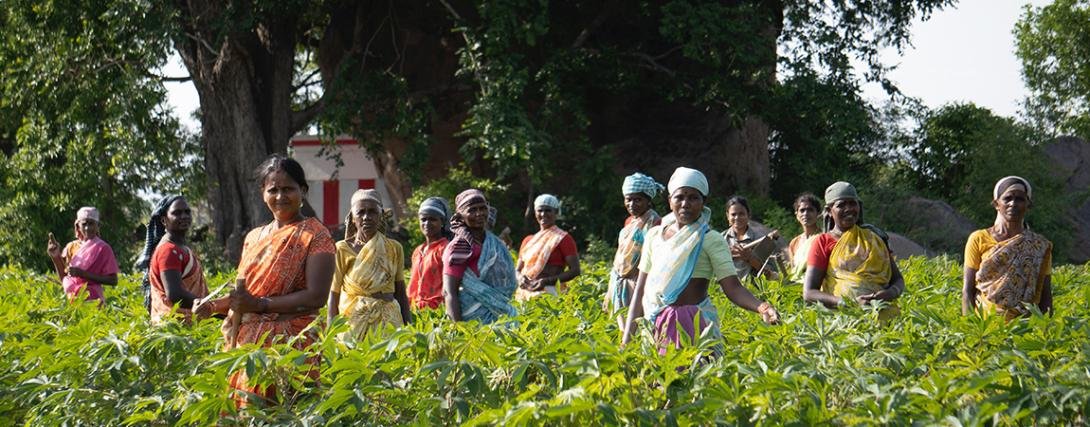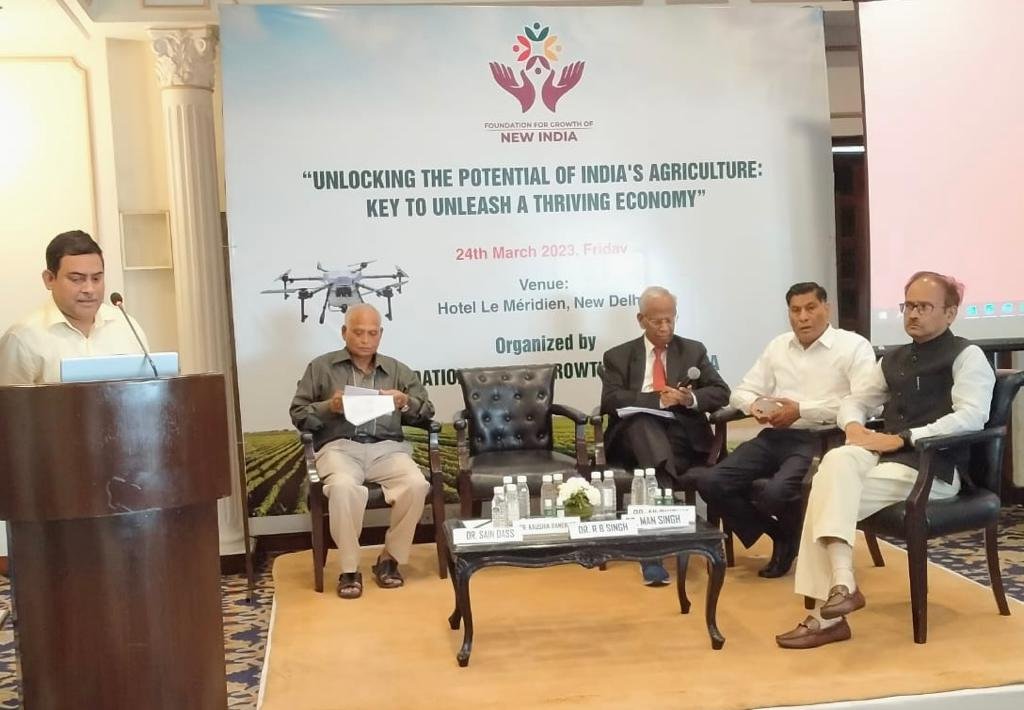Rashtriya Kisan Progressive Association lashes out at vested interest for presenting misleading facts, hurting farmers’ interest
Rashtriya Kisan Progressive Association took strong exception to certain associations pegging the level of sub-standard and spurious pesticides at just 2 per cent of the overall pesticides market of the country
Rashtriya Kisan Progressive Association (RKPA), a pan-India association that works for the welfare and progress of farmers across the country accused certain associations and vested interests of working against the interest of farmers and condemned it for presenting misleading facts in the public domain.
Addressing a press conference in the national capital, Binod Anand, National President, of Rashtriya Kisan Progressive Association took strong exception to certain associations pegging the level of sub-standard and spurious pesticides at just 2 per cent of the overall pesticides market of the country.
“India’s agricultural productivity has increased by more than 6 times since 1950, a remarkable achievement indeed. But unfortunately, per acre yield is way below in comparison to many developed and developing nations. Despite having 30 per cent more arable land and 67 per cent more rainfall than China, India’s agriculture GDP is about one-third of China’s. One major contributor to lower yields is the widespread use of low-quality inputs including agrochemicals. Yet, some vested interest dares to put the level of sub-standard products at 2 per cent of the overall Indian market. This is nothing but misleading and cheating of farmers,” said Binod Anand.
“The counterfeit pesticides market is a parallel industry as evident from various FIRs which have been registered against the culprits by reputed companies. It is adversely impacting farmers’ livelihoods, yield, crop quality, income, and the Indian economy on a broader aspect,” Anand added.
Citing the example of the huge damage to 9 lakh acres of chilli crops in South India in 2021, he said, “The damage was mainly due to usage of sub-standard pesticides in the sub-lethal dose. The ultimate sufferers were farmers and consumers. Strict action is a must against such culprits, but unfortunately, vested interests are strengthening such elements by presenting a misleading picture.”
“Few of these so-called Bio-pesticides/ Bio-stimulants were the cocktails of 10-12 chemical pesticides and some of them are not even registered in India which also indicates the possibility of smuggling of such chemicals from foreign countries,” he said.
Rashtriya Kisan Progressive Association took strong exception





